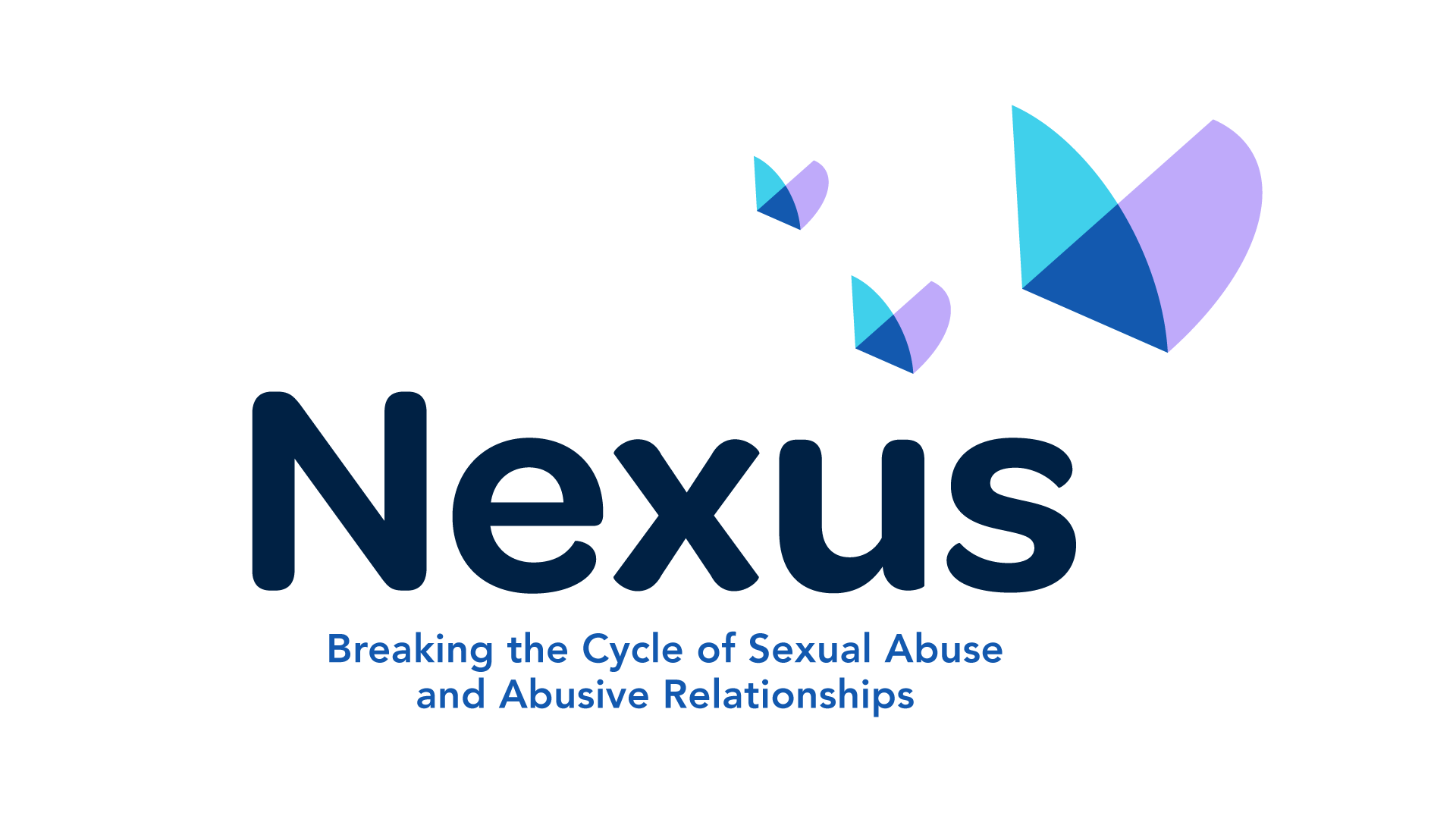New Report Highlights Significant Gaps in Sexual Abuse Research in Northern Ireland
A new report issued by Nexus in partnership with Victim Support NI has revealed significant gaps in research on sexual abuse in Northern Ireland. The findings raise concerns about the lack of evidence-based data on male victims and survivors, abuse of LGBTQIA+ people, and abuse of people with disabilities. Mapping existing sexual violence research in Northern Ireland over the past 15 years, the review identifies increased interest from researchers in the topic and progress in some areas. It also highlights substantial deficiencies in data collection, the use of survivor experiences, and an understanding of the broader social impact of sexual abuse.
Key Findings:
- Male Victims Overlooked: Research from the Office for National Statistics states that 1 in 18 men have experienced rape or sexual assault as an adult, but there is a stark lack of research in Northern Ireland focusing on male experiences as victims of sexual abuse.
- Diverse Experiences Ignored: There is minimal research into how sexual abuse affects people with disabilities, LGBTQIA+ people, and people from minority ethnic communities, despite evidence from other regions indicating increased vulnerabilities[i].
- Education and Prevention Gaps: Research on early intervention, including age-appropriate Relationships and Sexuality Education (RSE), is underdeveloped. A Belfast Youth Forum survey found that 52% of young people felt their right to RSE was not being met.
- Criminal Justice System Challenges: Survivor experiences within the justice system, including attrition rates and the impact of rape myths in courtrooms, remain under-researched.
Nexus and Victim Support NI are encouraged that in the 2023/24 year, ten out of the fourteen key pieces of research conducted addressed gaps identified in the initial review.
Joanne Barnes, CEO of Nexus, said: “More recent research has been exploring issues such as online harms e.g. Cyberbullying and sexting.
“This provides insights into young people’s behaviour online, but clearly this type of research needs to be ongoing given the ever-changing landscape of the on-line world as seen with the release of ‘Adolescence’ on Netflix.
“We can’t afford to be on the back foot with this space.”
Janice Bunting, CEO of Victim Support NI, added: ”I note that the rise in the amount of research published in the 2023/24 year coincided with the introduction of new sexual offences legislation and the introduction of the Online Safety Bill alongside a 16 year high in reports of child sexual offences.
“The Secretary of State announced RSE guidance for schools; and the Ending Violence Against Women and Girls framework was launched. It was also a year blighted by the violent deaths of 8 women – a disproportionately high figure given our population size.
“There is a need for more evidence-based research into sexual violence if we are going to address and rectify this issue.”
Urgent Call for Action
The report calls for investment in research that aligns with Northern Ireland’s Domestic and Sexual Abuse Strategy and the Ending Violence Against Women and Girls (EVAWG) Strategy so that policy decisions made in line with these strategies are evidence-based and meet the needs of victims and survivors.
Joanne Barnes said: “The Gillen Review set out clear recommendations for improving how sexual offences are handled in Northern Ireland, but without robust research, we cannot measure progress or fully understand the challenges victims face. This report is a call to action for policymakers, funders, and researchers to prioritise these critical areas.
“We must be able to provide evidence on how, for example, education in schools can promote safe and healthy relationships, by challenging the attitudes and behaviours that perpetuate sexual abuse including rape myths and stereotypes, while ensuring robust processes are in place for responding to disclosures and signposting to support agencies.
“This would be useful as part of the Committee for Education’s Inquiry into RSE.”
Janice Bunting concluded: “We must ensure that research on sexual abuse reflects the experiences of all victims, particularly those whose voices are often marginalised. If we are serious about tackling sexual abuse, we need data that informs targeted interventions and support services.”
Notes
- You can read the report here: https://nexusni.org/wp-content/uploads/2025/04/Nexus-VSNI-Joint-Workshop-Report-Nexus-Update-240425-1.pdf
[i] (Safe Lives UK found that 31% of disabled victims suffered from sexual abuse compared with 23% of non-disabled victims[i]. The Crime Survey for England and Wales (CSEW) showed that individuals identifying as Black or Black British and Mixed ethnicities were significantly more likely to experience sexual assault within the preceding year compared to individuals of White, Asian, or Other ethnic backgrounds[i], From a Galop Survey in 2023, 88% of LGBTQIA+ respondents reported experiencing sexual harassment and 77% reported experiencing sexual assault since the age of 18[i]. A study by the Sexual and Gender Based Violence against Refugees from Displacement to Arrival (Sereda) found that 66% of women who had sought asylum in the UK had experienced gender-related persecution in some form, including rape, sexual violence, forced prostitution and forced marriage[i].




